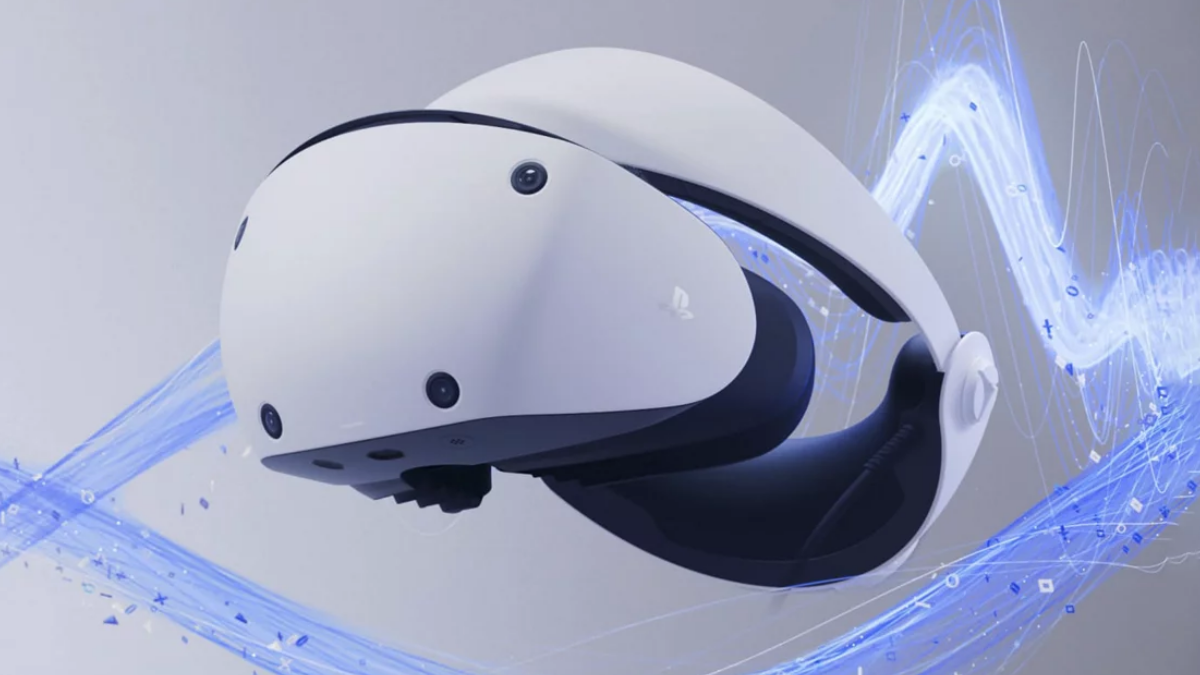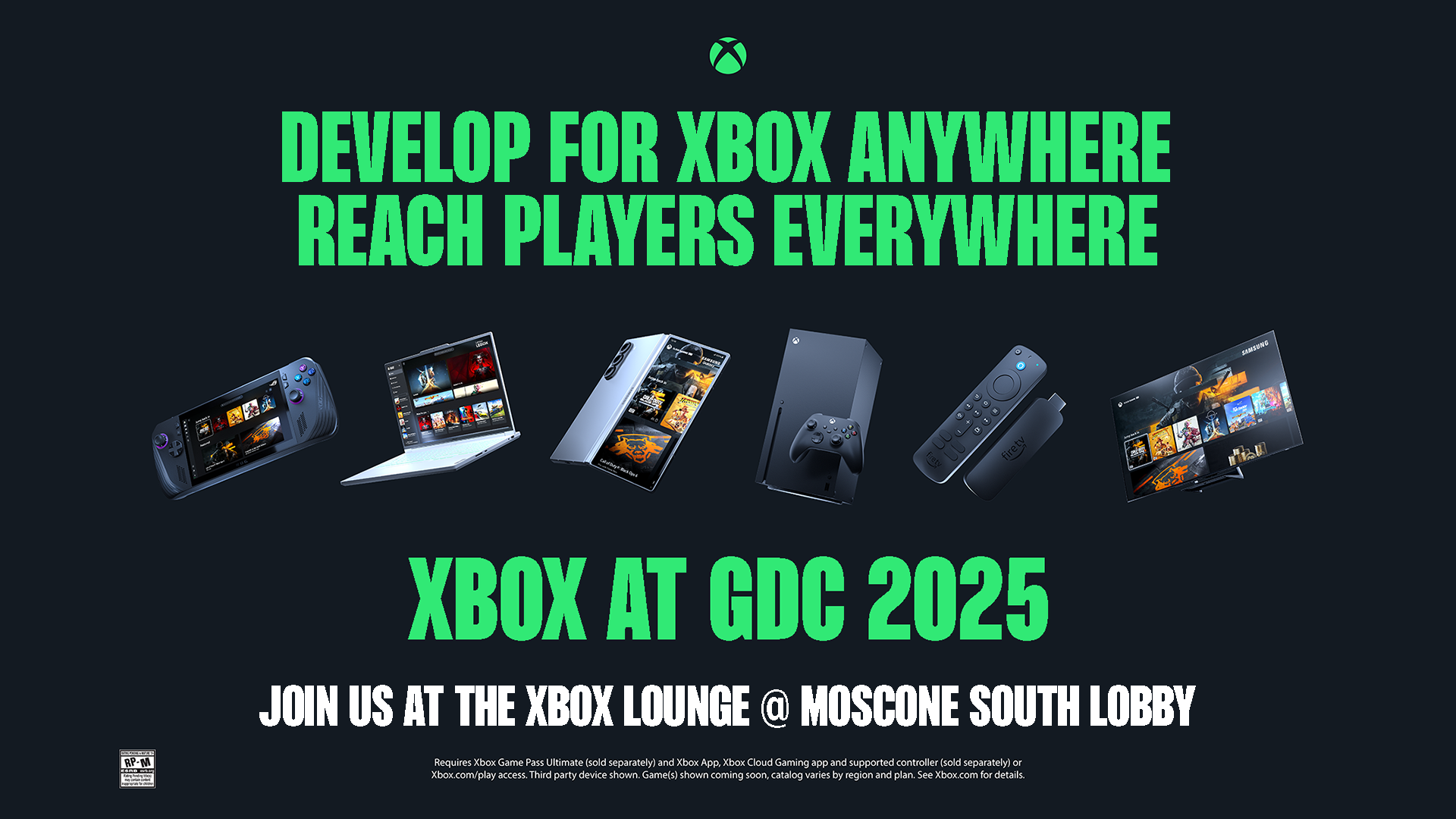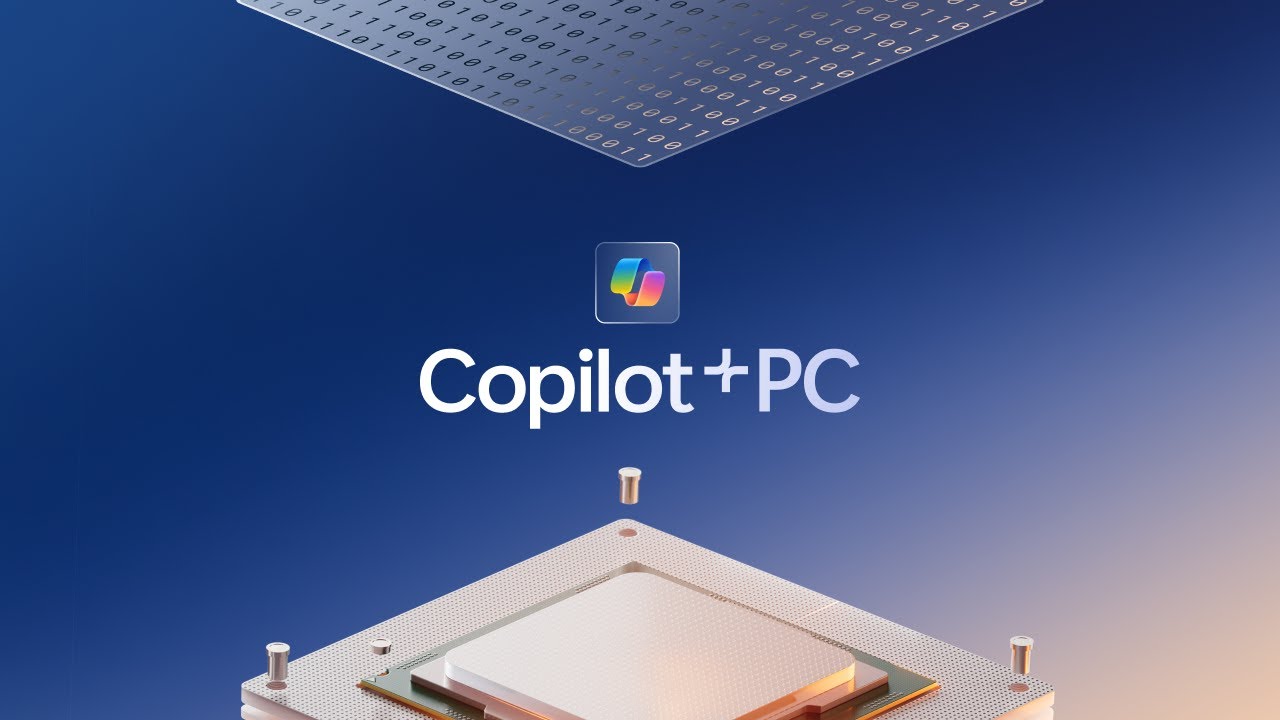MIcrosoft's Windows 10 dinged for using dark patterns to convince users into giving up data
2 min. read
Updated on
Read our disclosure page to find out how can you help MSPoweruser sustain the editorial team Read more


Microsoft, along with Facebook and Google have been dinged by Norwegian’s Consumer Council for using dark patterns to lure users into choosing options which are the least privacy-friendly.
Dark patterns in web design are defined as designs which attempt to trick consumers into making decisions which benefit the company against the consumer’s perceived best interest.
The Council cites examples like Facebook’s facial recognition scheme whereupon turning it off, users are warned that Facebook may not be able to use photo recognition to prevent cases of impersonation in other to nudge them towards selecting facial recognition.
Microsoft was the most consumer-friendly of the bunch. The firm had taken steps to make Windows more privacy-friendly in the last release of Windows, and the council found that noteworthy, however, it still pointed out some examples of dark patterns in the UI, as below.
In Microsoft’s Windows 10 update, the number of clicks for “no” equalled the number of clicks towards “yes”. This illustrates that it is possible to designchoice architecture that lets users choose to easily limit data collection.
Even so, the visual cues and symbols in the Windows update were loaded toward affirming data sharing. For example, if the user wanted to opt out of “tailored experiences with diagnostic data”, they had to click a dimmed lightbulb, while the symbol for opting in was a brightly shining bulb. For the choice to let apps use an Advertising ID, the “Yes” choice was accompanied by an arrow hitting its target, while the “No” choice had an empty target. The optin choice was also always placed at the top. These are nudges towards clickingyes. However, these nudges can be considered softer, or at least more discreet,than forcing the user to click through extra settings pages in order to choose the more privacy friendly option
That being said, it’s clear that Microsoft’s Windows 10 engages in this deceptive practice less so than firms like Google or Facebook. The whole thing is worth a read, so you should check out the source link below.
Source: Norwegian Consumer Council









User forum
0 messages